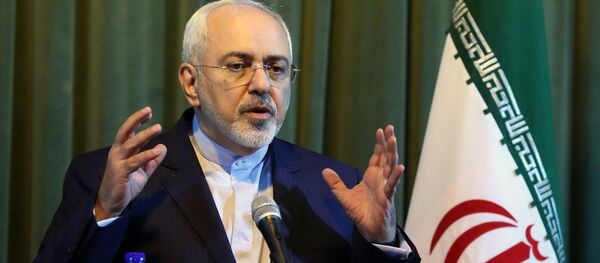Sputnik: The potential meeting comes amid Israel's concerns that the US withdrawal will give a boost to Iran's clout in the region. What could the two top officials negotiate to avoid souring relations?
Professor Eyal Zisser: Well, I think that Netanyahu is worried about Iran. Many in the region are worried about Iran. I don't think that the American withdrawal will change anything dramatically and I don't think that Israel can expect the United States [to] do something about these concerns. The Americans decided to pull out their forces from Syria; they will not leave them there. So, you know, they will meet, they will talk but I doubt very much that something serious will come out of these talks.
Professor Eyal Zisser: You know the invasion of Turkish forces in Syria can be something that may lead to an escalation. It is not in the interest of anyone to have an escalation in Syria. I think that such moves should have been discussed and agreed upon, you know. Many months before the announcement of such a withdrawal with the cooperation of other actors, in part as clearly Russia, otherwise it will be a mess. And that is what is going to happen.
Sputnik: Now we also know from what you have been saying, Netanyahu and Erdogan have accused each other of atrocities against civilians. How do you think the situation is going to be further exacerbated? What is your advice to the two leaders? Obviously, the focus is going to be on these two moving forward, following the US pull-out from the region.
READ MORE: Ex-NATO Official Suspects Erdogan Blackmailed Trump Over US Exit From Syria
Sputnik: Now the pull-out comes amid the departure of Mattis from the post of the US defence secretary. He is leaving earlier than expected, on 1 January from what I have read. What changes could it bring to US foreign policy, the US-led world order? Do you have a take on it?
Professor Eyal Zisser: Well, you know he was supposed to be the responsible guy in Washington and now we are left only with the president, who is very impulsive and his policies are not clearly clear, even to his partners and allies. First of all, we will have to wait and see who will replace him and then to hope that the one who replaces him will show the same degree of experience and carefulness that we saw in the behaviour of General Mattis.
Sputnik: Give us your final thoughts about the situation in Israel and in Syria. What challenges does this have now with regard to the Golan Heights, etc.? Particularly, Israel has been through a challenging time itself with the resignation of the defence minister and a lot of pressure on Benjamin Netanyahu. What is the take within the country about this situation now?
Professor Eyal Zisser: I don't see any immediate threat or any immediate challenge. I mean of course we are speaking about ongoing challenges: the Iranian presence in Syria and the efforts of Iran to establish itself in this country, Hezbollah, the tunnels they dig, but these are not immediate concerns. These are concerns for the future. And once again, the challenge is how to avoid an escalation. Nobody is interested in escalation. Red lines should be drawn and efforts should be made in order to avoid an unneeded, unnecessary escalation that nobody is interested in.
The views expressed in this article are those of the speaker and do not necessarily reflect those of Sputnik.






